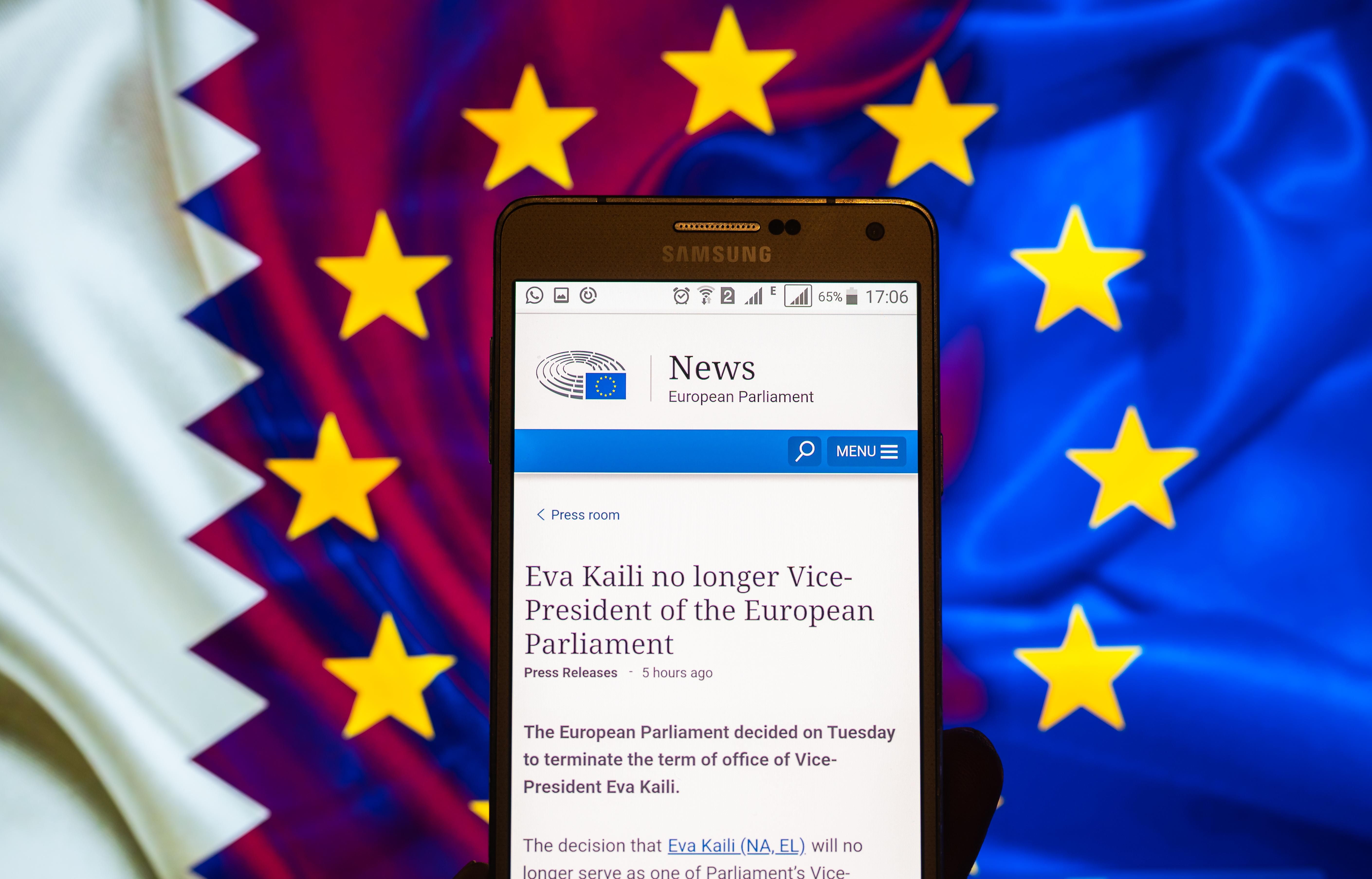541: An overwhelming majority of members of the European Parliament — 541 – approved a motion putting on hold all legislative work with Qatar after the Gulf nation was suspected of bribing MEPs with cash and gifts to favor its interests. Two members voted against, and three abstained from, the motion that will bar Qatari officials from stepping foot on EP property.
1,058: That's how many candidates are vying for seats in Tunisia's new 161-member national assembly in Saturday's parliamentary election. Most of the MP hopefuls are unknown to voters because they're running as individuals after strongman President Kais Saied scrapped political parties and diluted the power of the legislature to give his office almost free rein.
4: Four political parties have demanded authorities stop counting votes in Fiji’s general election after the online app used to monitor results suffered a glitch and then delivered the next batch of votes to the ruling party. This is not ideal for a country whose democracy has been interrupted by four coups since 1987. What’s more, the two frontrunners for PM are former coup leaders.
3,300: India
tested a nuclear-armed ballistic missile with a range of 3,300 miles almost a week after Indian soldiers clashed with Chinese troops near a disputed Himalayan border. New Delhi has been upping its defense game since the two sides had a rare
deadly skirmish in the same area in June 2020.
